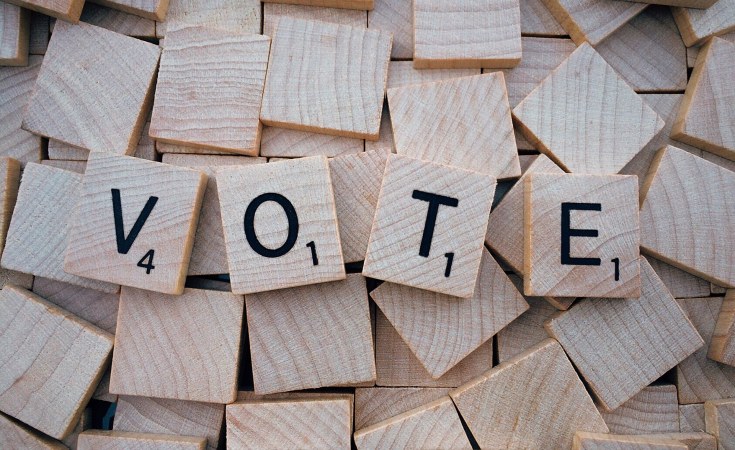Nairobi — On Tuesday, close to 22.1 Million voters will exercise their democratic right as they elect Kenya's fifth president.
All polling stations will open between 6am and 5pm and voters will be required to have an Identification Cards or passport which will be used by Independent Electoral and Boundaries Commission (IEBC) officials for verification.
The first step at the polling station will be voter identification using the KIEMS kit which is an automated kit which uses the Electronic Voter Identification (EVID) system to identify voters.
The 55,100 KIEMS kits distributed across the country will be used to electronically identify voters facial image, fingerprints as well as civil data.
Any citizen who misses his details in the KIEMS Kit or the manual register will not be eligible to participate in the election.
The second step after a successful voter identification and authentication using the KIEMS kit, will be the actual voting.
The electorate will be issued with six stamped ballot papers for the six elective seats by the IEBC official.
The voter will be required to make a choice for the presidential, gubernatorial, senatorial, Members of Parliament, Woman Representatives, and Members of the County Assembly (MCA) candidates.
This is a critical step as the marking of the ballot paper by way of ticking or crossing when choosing a leader will determine whether the vote will be counted as valid or not.
The voter is required to mark the ballot paper by using either a tick (✓) or a cross (✗) against the name and symbol of a voter's candidate by marking a ticket within the boxes provided on the various ballot papers.
Any vote marked any other way apart from the symbols provided will be considered as a spoilt vote.
Once one has voted by marking the ballot papers accordingly, they will fold their ballot papers to conceal their vote then proceed to drop the ballot papers in various ballot boxes.
The ballot boxes for the different elective seats will be having similar colors of each elective ballot paper.
Any ballot paper for a given seat placed in a different ballot box will be considered as spoilt vote. For instance, if you place a ballot paper for the presidential seat in a ballot box for the governors seat will be considered as spoilt.
For the visually-impaired voters they will not have freedom to vote independently but will be assisted by the presiding officers in the various polling stations in the county.
Presiding officers have taken an oath of secrecy to ensure that whoever the leader they will be told by the visually-impaired voters or any other voter who may not be able to vote independently, will be the one they will be marking on the ballot papers.
After voting, the voter proceeds near the exit where the IEBC official will mark him or her with a indelible ink that is placed on the small finger on the left hand or the space between the index finger and the middle finger.
The ink is meant to ensure that a voter doesn't vote twice. After voting, the voter is expected to leave the polling station and wait for the tallying and announcing of the results at home or work.


